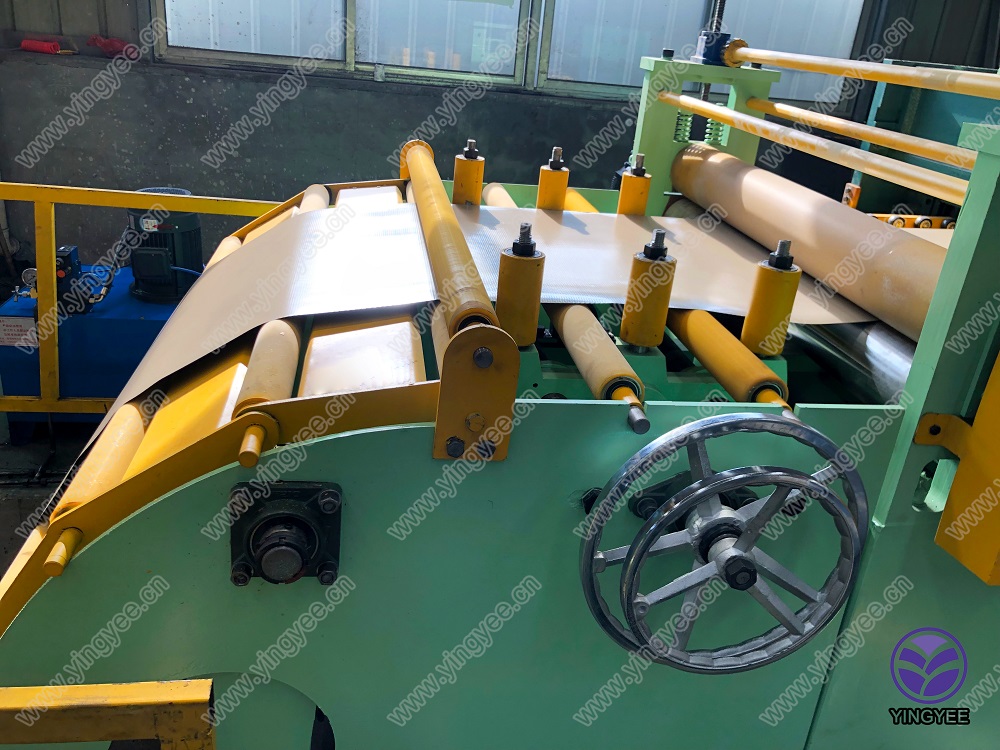
The Steel Stud Making Machine Revolutionizing Construction Processes
In the modern construction industry, efficiency and precision are paramount. One innovation that has significantly enhanced the productivity of building projects is the steel stud making machine. These machines are designed to manufacture steel studs, which are essential components in framing and structural support systems in various constructions, from residential to commercial buildings. This article delves into the functionality, advantages, and impact of steel stud making machines on the construction industry.
What is a Steel Stud Making Machine?
A steel stud making machine is a specialized piece of equipment used to produce steel studs from raw materials, typically galvanized steel coils. The machine processes the coils by cutting, forming, and welding to create various sizes and shapes of studs that meet specific construction needs. The production process usually involves several stages, including uncoiling, leveling, shearing, roll forming, and automatic cutting, ensuring that each stud is manufactured to precise specifications.
Types of Steel Stud Making Machines
There are several types of steel stud making machines available in the market, each tailored for different production needs. The most common types include
1. C-Stud and U-Stud Making Machines These machines are designed to produce C-shaped and U-shaped steel studs, which are essential for wall framing, bracing, and load-bearing structures. They often come equipped with adjustable settings to allow for different dimensions and thicknesses.
2. Light Gauge Steel Framing Machines These advanced machines can create an entire frame system from steel sheets, low in weight yet robust enough to support various construction applications.
3. Custom Steel Stud Machines For specialized needs, custom machines can be fabricated to produce unique stud profiles that meet specific engineering requirements, allowing for maximum design flexibility.
Advantages of Using Steel Stud Making Machines
The adoption of steel stud making machines brings numerous benefits to the construction industry

1. Increased Efficiency Automating the production of steel studs dramatically reduces the time required to manufacture building materials. This efficiency translates to quicker project timelines, benefitting contractors and clients alike.
2. Consistency and Precision These machines ensure high levels of accuracy in every stud produced. Consistent quality not only meets building codes but also enhances the overall structural integrity of the construction.
3. Cost-Effectiveness By streamlining the manufacturing process, construction companies can significantly reduce labor costs and waste material, thus saving money over time. Additionally, steel studs are often less expensive than traditional wooden materials, further driving down costs.
4. Sustainability Steel is a recyclable material, and using steel studs can contribute to a more sustainable building approach. Steel stud making machines help reduce waste by allowing for precise cuts and eliminating excess material.
5. Versatility Steel studs can be used in various applications, including interior and exterior walls, ceilings, and partitions. Their adaptability to different building types makes them a preferred choice among architects and builders.
Impact on the Construction Industry
The introduction of steel stud making machines has transformed how construction projects are planned and executed. The ease of producing high-quality steel studs has led to more sustainable building practices, as projects can utilize durable materials that require less maintenance and offer better longevity.
Moreover, the ability to quickly adapt to changing design requirements or production volumes allows construction companies to remain competitive in a rapidly evolving market. As the industry moves towards more innovative and green building solutions, the role of steel stud making machines will only continue to grow.
Conclusion
In conclusion, steel stud making machines are indispensable tools in contemporary construction. Their ability to provide efficient, high-quality, and cost-effective solutions has made them essential for builders and developers across the globe. As the demand for sustainable and durable construction materials increases, these machines are set to play a critical role in shaping the future of the industry, ensuring that structures are built not only faster but also smarter.